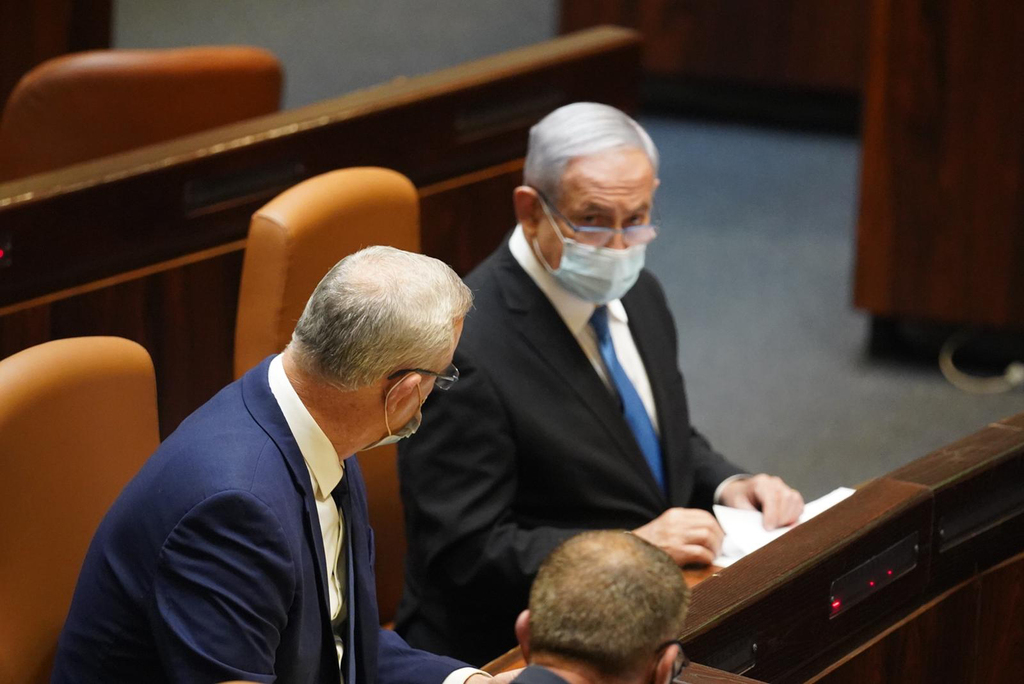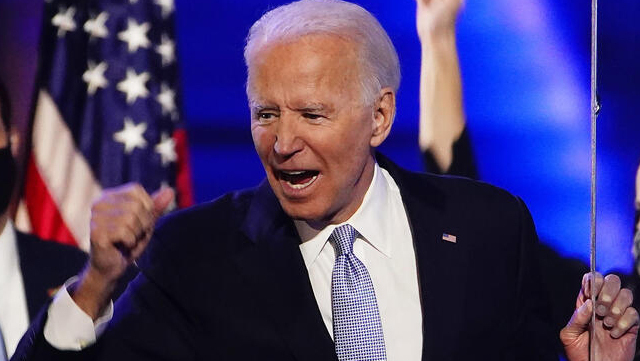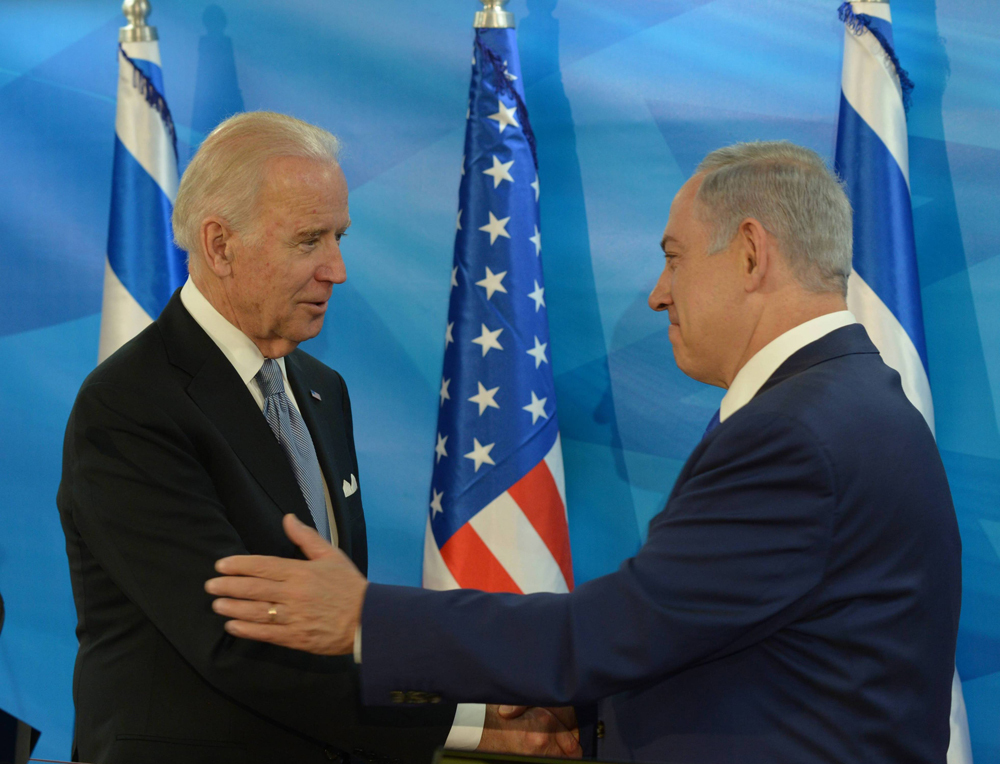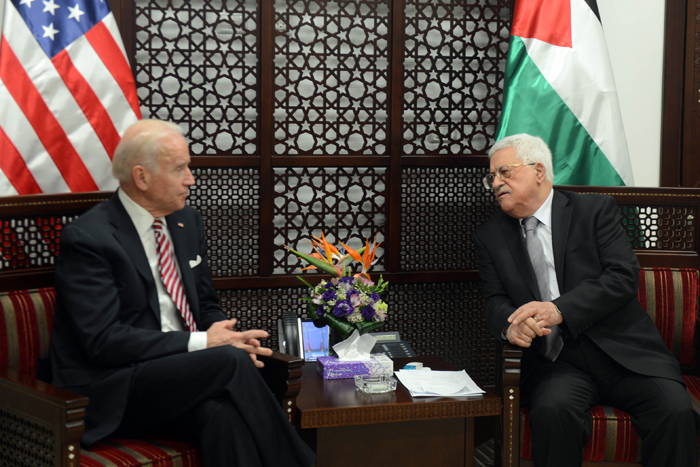Getting your Trinity Audio player ready...
It took several days, but it is now decided, and the U.S. presidency swung like a pendulum back to the Democrats.
After recovering from the initial shock, here are five things Israel can do to better cope with this new reality.
4 View gallery


Defense Minister Benjamin Gantz and Prime Minister Benjamin Netanyahu
(Photo: Knesset)
1) No provocations – the quicker we realize U.S. President Donald Trump's stint in the White House is over, the better. Although these four years strengthened Israel strategically and weakened its arch-nemesis, Iran, it is mud in the fire now.
In an era of immediate analyses in which pundits act more like football fans, there are those who struggle to accept the complex reality in which such a problematic and controversial administration managed to successfully crack the Middle East enigma.
We must show gratitude for the good things this administration has done, but last-ditch moves, such as another photo op at the White House are completely unnecessary.
Furthermore, since we know some of our lawmakers' verbose nature, Prime Minister Benjamin Netanyahu would do us all great service if he imposed one of the interview embargoes he sometimes subjects his party members to.
2) Separate the wheat from the chaff – or in other words, "Iran Iran Iran." Everything else, including the Palestinian issue, is less critical.
Israel must act as if the only issue on the line is the new administration's apparent return to the Iran nuclear deal, possible lifting of some sanctions prior and return to normalization of the Iranian regime after years of Trump's maximum pressure policy.
The greatest hurdle would be taking a part in the process - or at least not getting excluded from it again - drawing the line in advance as it pertains to the Israeli interest (the Saudis, for example, have a different set of interests and it is none of our problem) and most importantly, run talks far away from the spotlight.
Much like the U.S. administration's complete backing has strengthened Israel, bickering in open with the American president will weaken it.
3) Lowering profile to the bare minimum – it is great time to remember that we are not the center of the world. The Americans will deal with their COVID outbreak, and we better deal with ours. The Democratic party's campaign discipline is over, and one can think of more than one congress member who would like to challenge Israel on the Palestinian issue. There is no need to respond to every provocation, even though it is difficult in our constant election atmosphere.
4) Cooperation – President-elect Joe Biden's surroundings already made it clear they are intending to take steps to restore U.S. relations with the Palestinians to their old state.
The embassy will remain in Jerusalem, but we may see a Palestinian consulate open in the east of the city and the return of aid money - perhaps even to UNRWA. A Palestinian mission would probably open in Washington again and Palestinian President Mahmoud Abbas will once more receive public displays of love and warmth.
There is another way of looking at it. Economic aid to the Palestinians - the PA's lifeblood - restoration of security coordination and stabilizing the situation in the West Bank are good for everyone. The rest is inevitable, and we better not waste our breath on it.
5) Use Gantz – A country that is not suspended in constant political limbo and puts its own interests first would make use of the fact that the Israeli government is no longer typical right-wing. Defense Minister Benny Gantz, who is not as closely affiliated with Trump as Netanyahu, could bridge the gap with the Democrat administration. The chances this would happen seem slim, but it is always good to keep one's hopes high.




